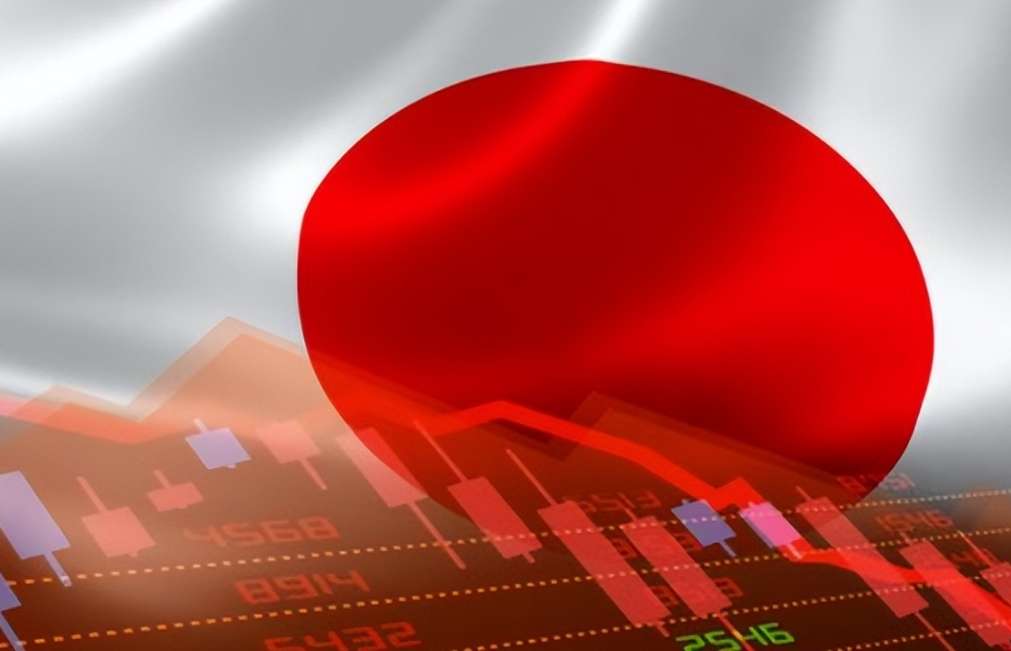Japanese Stocks Attract Foreign Capital
Advertisements
In a remarkable turn of events, Japan's stock market is witnessing a surge that drew the attention of global investors, culminating with the Nikkei index surpassing the 40,000 threshold. This spike in stock prices, however, brings with it a contrasting narrative marked by a mass exit of individual investors. As foreign capital flows into the market, a growing trend of local retail investors seems to be rushing to sell their shares, signaling an unusual and potentially ominous shift in the market dynamics.
The conundrum lies in the fact that while the Nikkei index ascends to new heights, the sentiment among local investors reflects uncertainty. Financial markets are notorious for their cyclical nature—often characterized by euphoric highs followed by steep declines. Retail investors appear acutely aware of the potential risks that accompany such rapid growth, leading to speculation about whether these market fluctuations are driven by genuine economic recovery or simply a brewing bubble.
A stark example of this divergence is found in the behavior of individual investors who, despite Japan's stock market achieving unprecedented levels, have turned their collective gaze toward foreign markets, particularly India, which has been performing well. As reports indicate, India's stock market has surged by nearly 20% this year, overshadowing Japan's performance. Retail investors express reluctance to place further bets on the Japanese market, opting instead to seek out opportunities in what they perceive to be more stable and promising environments.
The apprehension felt by Japanese retail investors is not unfounded. After all, Japan's stock market has not seen a sustained period of growth akin to what we are witnessing today in over two decades. The last major speculative bubble burst approximately 25 years ago, resulting in a protracted economic downturn known as the 'Lost Decade'. Many investors recall how rapid price surges led to equally abrupt sell-offs, wreaking havoc on their portfolios. Thus, as the Nikkei climbs, a suspicion grows that a similar fate could await the current market.

Moreover, Japan’s broader economic indicators have not been particularly rosy. Historically, stock markets have acted as barometers for the underlying economy, yet Japan's economy has struggled recently when juxtaposed with its peers on the global stage, such as Germany. Retail investors are questioning how the stock market can soar when the economy itself appears stagnant. The current volatility in the stock market should ideally correlate with improved economic fundamentals, but many see it as an artificial inflation of stock prices devoid of substantial growth in the real economy.
Interestingly, an increase in overseas investment in Japan has also been noted, with foreign ownership of Japanese stocks rising from about 4.2% to nearly 30.1%. This significant influx of foreign capital raises further questions about the motivations behind such investments. Following the American billionaire Warren Buffet's notable acquisitions in Japan, coupled with the increased exposure of foreign entities in the local market, one cannot help but wonder if this is a calculated maneuver designed to facilitate a broader financial harvest.
The emergence of this narrative is not merely coincidental. These developments suggest a shift in the immediate financial strategies of major global players; with the U.S. seemingly encouraging Japan to transition from low interest rates to higher rates. Such a transition signals a move toward tightening monetary policy—a measure that previously led to the bursting of asset bubbles, leaving an indelible mark on Japan's economy.
The economy's current disarray bears an alarming resemblance to past crises, where quick financial gains turned into protracted losses. With Japan's history serving as a cautionary tale, the recent exits of retail investors could reflect a broader sentiment that potential downturns are imminent. Many individuals are wary that the increased interest in foreign assets—particularly those in emerging markets like India—is a strategic pivot amidst the uncertain financial landscape.
In light of these uncertainties, the concept of abandoning the local market in favor of emerging markets is contentious. Could this shift toward India be a tactical flight to safety, or merely a repetition of past errors? The prospect of financial harvesting—whereby larger investment funds and foreign entities capitalize on local investor volatility—beckons a new set of challenges for national markets. As U.S. interest rates remain in fluctuation, its impact on the global economy raises further alarms, especially given the growing dependency of world market fluctuations on American financial health.
The realities of an interdependent global financial system suggest that as the U.S. seeks to raise interest rates, tensions may escalate both domestically and internationally. With data revealing a notable decrease in overnight reverse repo amounts, there is an ever-growing pressure on the U.S. to manage its financial mechanisms adeptly. The precarious balance of U.S. economic strategy clashes with the vitality of foreign markets, once again placing Japan—and investors within it—at the center of an intricate web of financial maneuvering.
Ultimately, the question remains: will the flight of retail investors to safer investments alleviate their fears, or will historical patterns repeat themselves? As the global financial landscape continues to evolve, the ascension of Japan's stock market juxtaposed with the exodus of its retail investors paints a complex picture. Individual investors are left grappling with a murky premise—the age-old adage rings true, there is no such thing as a free lunch. The impending concerns linger in the air as the dance between risk and reward plays out against the backdrop of an unpredictable economic climate.
Post Comment